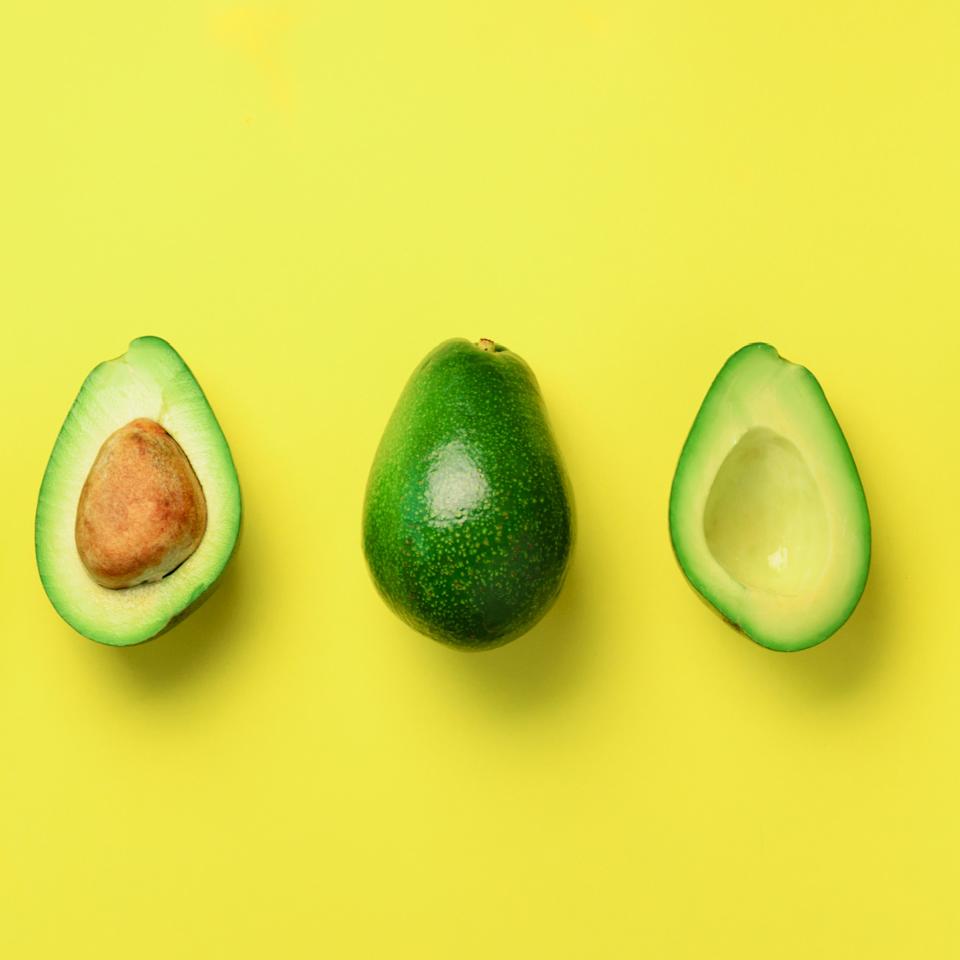A Nutritionist Tells Us Why You Should Ditch Avocados And Hummus If You Want To Lose Weight This Year

A common misconception in diet culture is that all fat is bad for you—on the contrary, your body needs fat to survive. The key is knowing the difference between healthy fats and unhealthy fats. And, there are high-fat foods that you should either remove from your diet completely or seriously reduce your snacking on if you want to lose weight. To learn more about these surprisingly high-fat foods, we spoke with Lisa Richards, registered nutritionist, and creator of The Candida Diet. She said you should remove avocados and hummus from your diet because they contain a large percentage of the daily recommended fat intake.

Avocados
Avocados have soared in popularity in recent years. They can be found in everything from salads, sandwiches, and, of course, the lovable avocado on toast. It's even a great cooking oil alternative! You may be surprised to learn that while avocados are often considered a healthy food, they are actually very high in fat. "A single avocado contains around 29 grams of fat, which is over 40% of the daily recommended intake," Richards says.
But, you may not need to replace the entire avocado from your diet. Instead, Richards says just reducing the amount that you consume may be enough to lower the amount of fat you are consuming. "For instance, rather than eating a half or a whole avocado in a day, consider eating just a quarter which would take your fat content down from 29 grams to roughly 7 grams and just 10% of the daily recommended fat intake rather than 40%," she continues. "If you'd like to significantly cut down on the fat and replace your avocado, consider a mashed sweet potato. They have a similar creamy texture to avocados and can be used as a spread or dip. One cup of sweet potato has less than 1 gram of fat." Yum!

Hummus
Another food you may be surprised to learn is high in fats is hummus. This smooth, creamy puree of cooked chickpeas, tahini sesame paste, and lemon juice is a fan-favorite food when it comes to snacking because it's great at curbing cravings. Most of the fat in hummus comes from the tahini, which makes up around 20-30% of the total fat in the hummus. Similarly, a two-tablespoon serving of hummus contains around 6 grams of fat, mostly from the tahini.
And, there are some ingredients often mixed into hummus recipes that add even more unhealthy fats. "Additionally, some hummus recipes might include additional ingredients like olive oil, or nuts, which can also contribute to the overall fat content of the hummus. Some prepared hummus may also have added oil to enhance texture and flavor, which can also increase the total fat content," Richards explains.
Instead, she says you should make your hummus healthier. "You can make hummus with less fat by reducing the amount of tahini used and increasing the amount of chickpeas or using blended white beans in place of tahini completely. Low-fat and non-fat hummus can also be purchased at many health food stores and in some chain grocery stores, this just requires the consumer to read the ingredients and nutrition labels," Richards notes. "Bean and vegetable dips can also be used in place of hummus as they are often made with lower-fat bases like cauliflower or sweet potatoes. If you're wanting a traditional hummus you may also find a similar taste and texture by using yogurt in place of tahini." Overall, these foods are packed with nutrients and are generally good for you. It's just important to not overeat as they are high in fats. You can even try some healthy alternatives!

